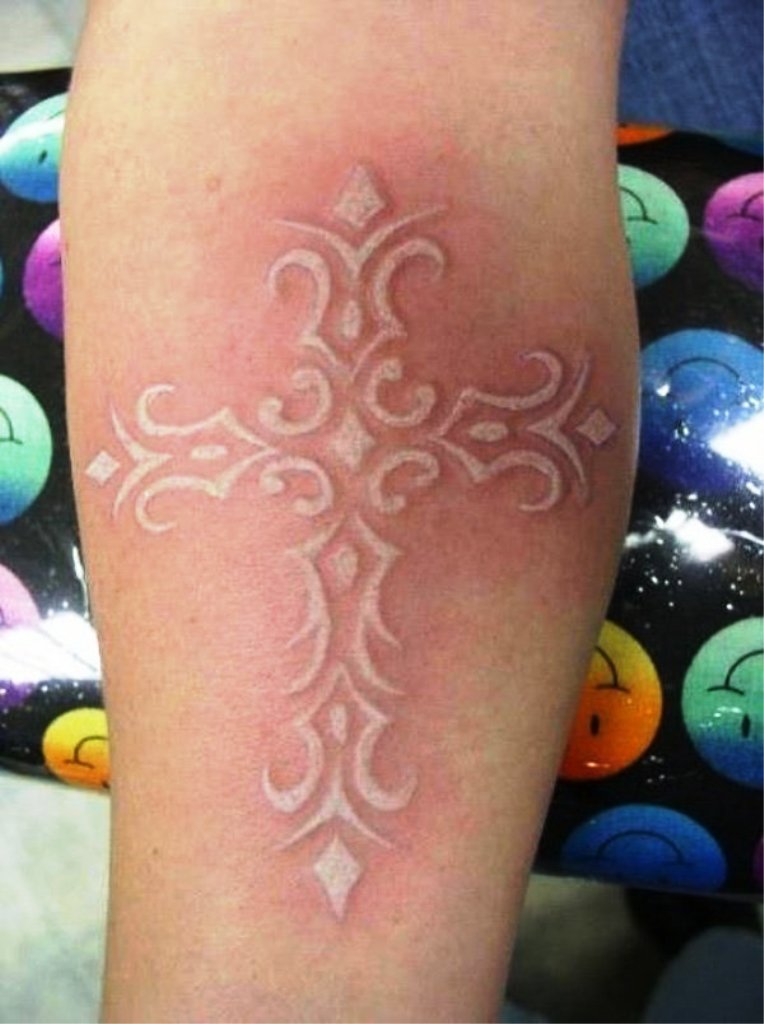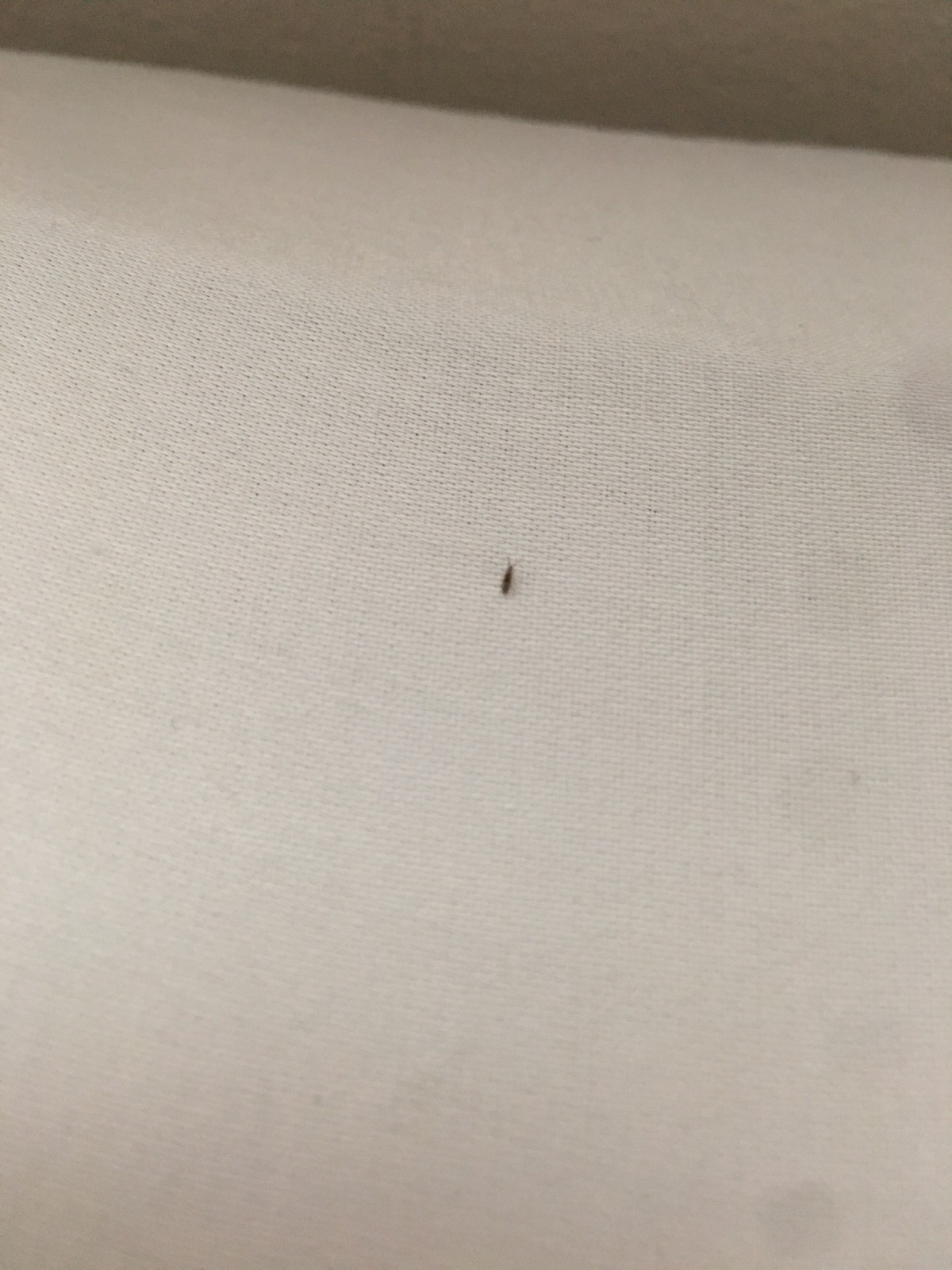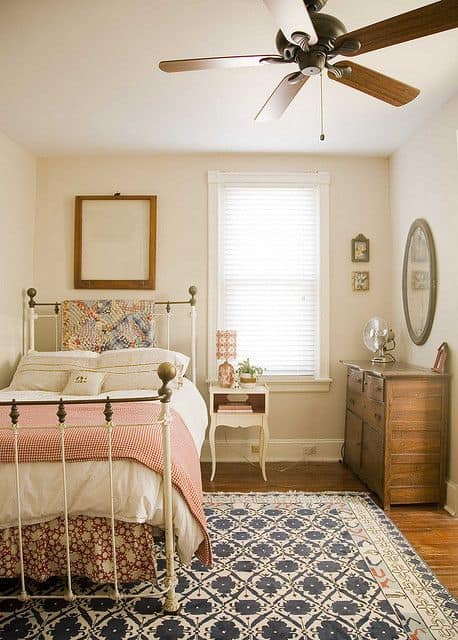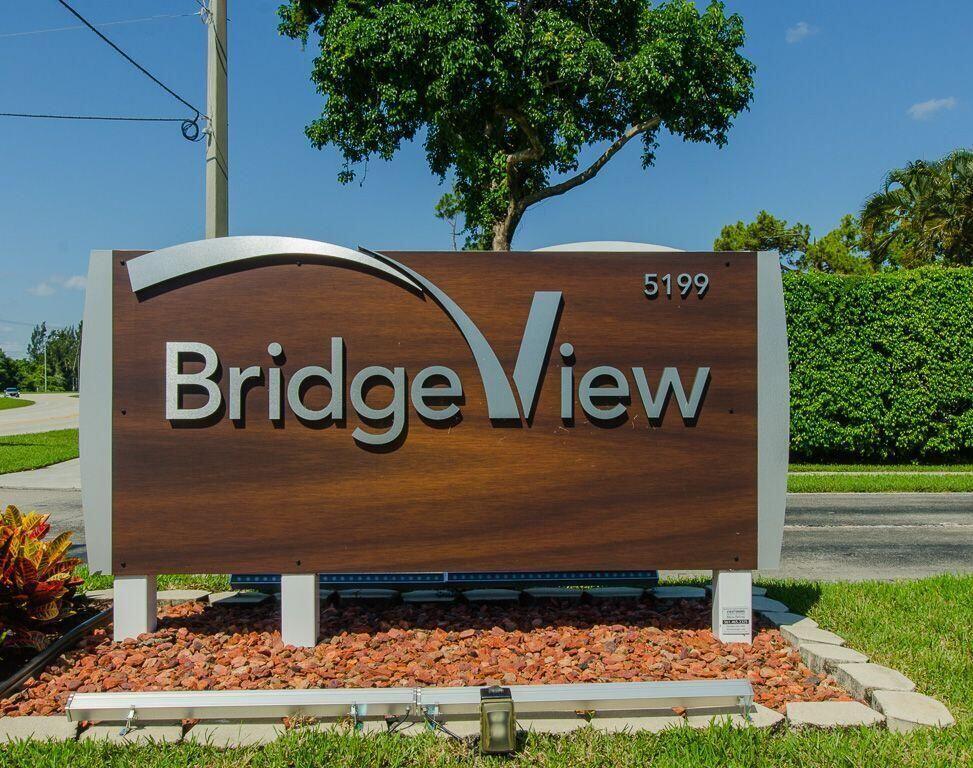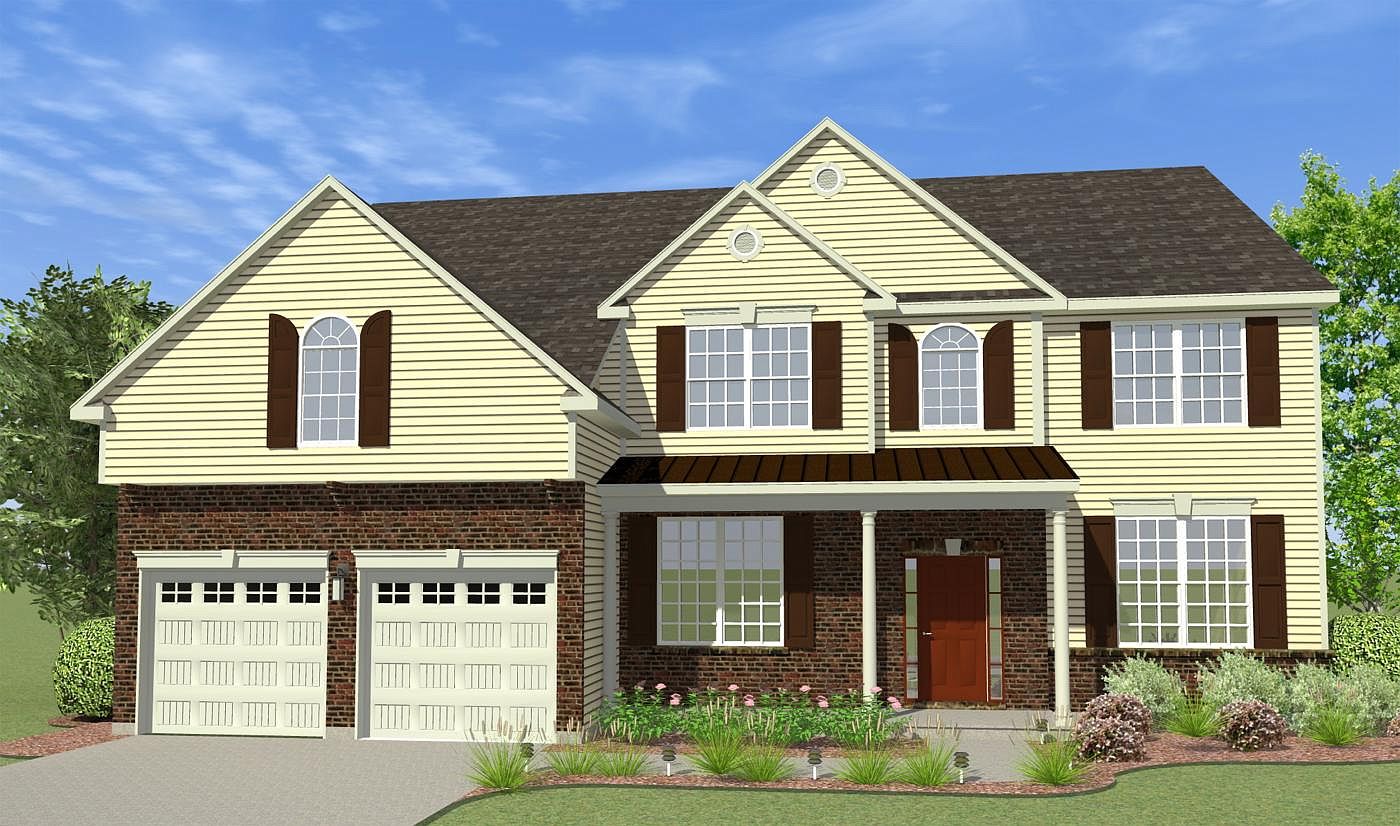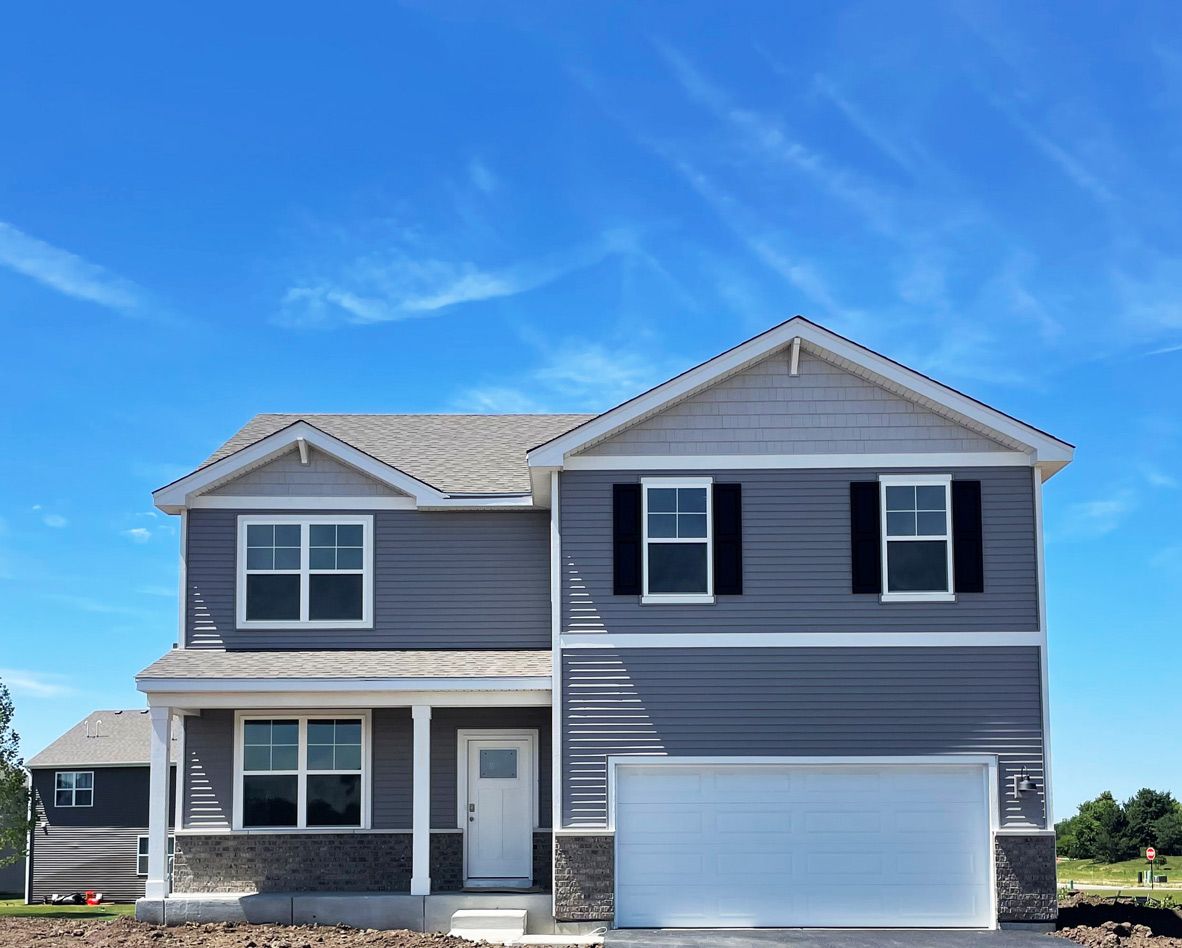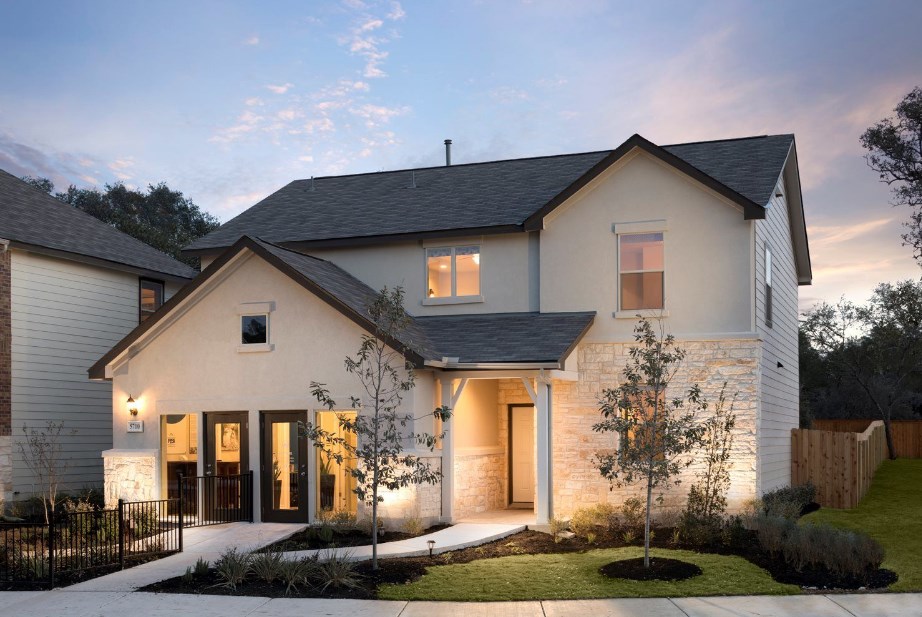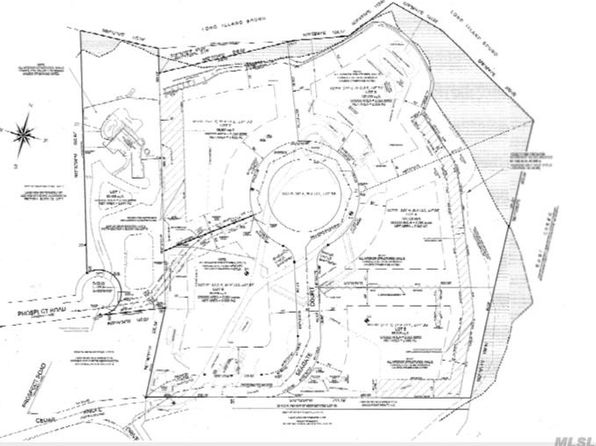Table of Content
- Why Would Social Security Benefits Be Suspended
- CMS Outlines Changes to 2023 Medicare Payments to Home Health Agencies
- Tax On Social Security Benefits 2022
- Mär 2010 - Daylight Saving Time Started
- Home Healthcare Medicare Requirements
- Social Determinants of Health at CDC
- Home Health Services Covered By Original Medicare
Home health users discharged from acute or postacute facilities generally receive care following an acute event or surgical procedure and may have significant care needs during this period. In contrast, home health patients not referred from acute or postacute care are generally homebound individuals with chronic conditions and longer-term care needs who are referred by community-based providers. We do not observe the number or types of home health visits in OASIS records, so our estimates of spell length do not capture the volume or nature of the home health services received. We estimate the length of home health spells by counting the number of days between a start-of-care OASIS assessment and a discharge OASIS assessment, regardless of whether care was provided on each day.
However, changes in home health spell length between 2011 and 2016, were not statistically different between Medicare Advantage and traditional Medicare after adjustment. Community-admitted spell lengths fell by 5.4 days more in Medicare Advantage than in traditional Medicare over this period, post-acute spells in Medicare Advantage increased 1.8 day more than in traditional Medicare. CMS is updating the home infusion therapy services payment rates for CY 2023 as required by law.
Why Would Social Security Benefits Be Suspended
Medicare pays home health agencies through a PPS, which provides for higher payment rates for care to those beneficiaries with greater needs. HH PPS payment rates are based on relevant clinical data from patient assessments required of all Medicare-participating home health agencies . While sicker beneficiaries were found to have more caregiver assistance compared to healthier home health beneficiaries, a high proportion of caregivers to the very sick need training and supportive services.
Medical social services or occupational therapy alone are not sufficient to qualify for home health care on their own. If you have recently been hospitalized or are otherwise homebound, you may benefit from home health care. Learn how these changes affect your ability to get the care you need.
CMS Outlines Changes to 2023 Medicare Payments to Home Health Agencies
However, given that we hypothesize that Medicare Advantage spells are shorter than traditional Medicare spells, this bias would lead to more conservative estimates of differences between Medicare Advantage and traditional Medicare. These items do not required skilled nursing care, but skilled care or skilled therapy is needed in order to qualify for these limited non-skilled services. This is the primary reason why Medicare’s home health benefits are more difficult to qualify for as compared to the Medicaid Waiver home care benefit . CMS is also proposing to revise the way to account for non-routine medical supplies in the standardized 60-day episode payment rate. This rule proposes to pay for NRS based on 5 severity groups, similar to the proposed clinical case-mix model, to more accurately reflect home health agency costs for NRS.
A higher proportion of Latinx/Hispanic, Asian American, and, to a lesser extent, Black beneficiaries had acute hospitalizations during home health episodes when caregivers were identified as needing training, as compared to when caregivers were able to provide assistance. Finally, we do not observe other types of care that may be provided in the home, such as home-visiting programs or in-home personal care that may be provided directly by Medicare Advantage plans, particularly SNPs, without referral to a HHA. SNPs grew in popularity over the study period, optionally exposing more Medicare Advantage enrollees to these alternative in-home benefits over time. Interviews were conducted between May 2018 and July 2018 and generally lasted 45 minutes. Home health services are frequently used after a hospital stay to treat an acute health condition.
Tax On Social Security Benefits 2022
Under this program, you can request a pre-claim review to let you know early on whether Medicare coverage will likely cover your home health services. Home health care is ONLY provided if a skilled service is certified to be needed FIRST â up to 28 hours per weekâ¦but for less than 8 hours per day. Exceptional circumstances can increase Medicare’s home care hours to 35 hours per week. Christian Worstell is a senior Medicare and health insurance writer with MedicareAdvantage.com.

Home health spells can therefore be either longer or shorter than a 60-day episode. In addition, the 60-day cycle for the OASIS reflects traditional Medicare, not Medicare Advantage, payment structures, and HHAs may not have an incentive to file an immediate discharge in Medicare Advantage. Therefore, we may overestimate the length of Medicare Advantage home health spells.
Changes to Medicare Home Healthcare Coverage
Since Medicare began in 1966, eligibility and coverage requirements for Medicare home health care have changed several times. In 1972, Medicare coverage was extended to persons under 65 years of age who are either disabled or have end stage renal disease. In that same year, the 20-percent copayment for home health care under Part B was eliminated. The Omnibus Reconciliation Act of 1980 eliminated home health care eligibility requirements of a 3-day prior hospital stay, Part A copayments, and a 100-visit limit. Most recently, Medicare Home Health Agency Manual revisions clarified coverage criteria in order to reduce inconsistencies in coverage determinations by intermediaries and to comply with the settlement of Duggan vs. Bowen . In this decision, a Federal district court found that Medicare’s interpretation of the phrase part-time or intermittent was too narrow, resulting in denial of care for eligible beneficiaries.
For Medicare to cover your home health care, you must demonstrate a medical need. That means either you are unable to leave your home without assistance, it is recommended you not leave your home based on your medical condition, or it is physically taxing to leave your home. Medicare home healthcare coverage is on a part-time, not full-time, basis.
Section 1834 of the Act specifies that annual updates to be equal to the percent increase in the Consumer Price Index for all urban consumers (CPI–U) for the 12-month period ending with June of the preceding year, reduced by the productivity adjustment for CY 2023. The CPI-U for June 2022 was not yet available at the time of this proposed rule. We used the same approach for our difference-in-differences model comparing the change in differences between Medicare Advantage and traditional Medicare in 2011 and 2016. Looking at all beneficiaries, regardless of race, chronically ill homebound beneficiaries had more caregiver assistance than beneficiaries who had been discharged from a hospital or postacute facility . Across all home health episodes, a higher proportion of white and Latinx/Hispanic beneficiaries had caregiver assistance compared to Black and Asian American beneficiaries. Changes in the level of severity of illness and comorbidity among Medicare home health users between 2019 and 2020 also indicated important differences between racial groups .
But OHIP only partially covers or doesnt cover some medical services like prescription drugs and vision care, and it does not cover dental care. To pay for medical needs and dental care that OHIP doesnt cover, you may want to consider purchasing supplementary health insurance also known as extended health insurance, or private health insurance, and supplementary dental insurance. Medicare will not pay for unskilled home care if those are the only services needed. Personal home care services or homemaker services will only be covered if they are part of the skilled services detailed in the care plan. Medicare does not cover around-the-clock home care of any kind or meals delivered to the home.
Prior research has shown substantial geographic variability in the use of post-acute care services within traditional Medicare, including home health, that cannot be explained by differences in patient needs. MedPAC suggested in a 2011 Report to Congress that this geographic variation may indicate overuse or fraud and abuse. The home care authorization requests for skilled nurse visits and home health aide visits must be received within 20 business days of the start of service. Other approved home care authorization requests can begin the date the request is received.



